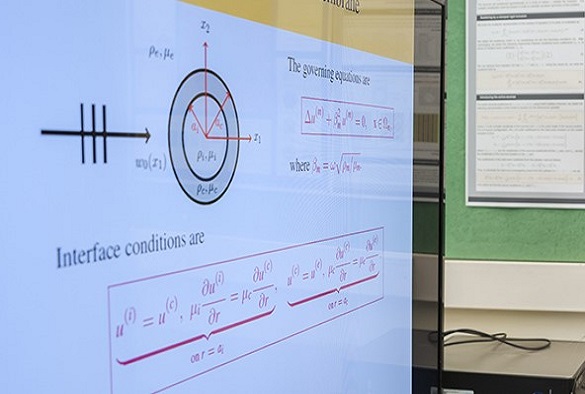Maths School ranked 9th in DfE performance tables for progress made by students
Published on

The University of Liverpool Maths School (ULMaS) has been ranked as the 9th highest-performing school or college (state or independent) for value added - a measure of students' progress - in the latest performance tables published by the Department for Education (DfE).
In addition, ULMaS is in the top three nationally for progress made by disadvantaged students and is ranked fourth among all state schools and colleges for the percentage of students achieving AAB or higher.
The DfE performance tables measure how well students performed in their A Levels in 2024, comparing their results to other students with similar prior attainment nationally.
Headteacher Damian Haigh said: “I am thrilled by this achievement, particularly because we have shown that students from disadvantaged backgrounds can achieve exceptional A-Level results. Being ranked among the top schools and colleges in the country is an incredible accomplishment. We are deeply committed to providing enrichment, challenge and support for our students, and this approach has enabled us to become one of the most effective schools in the country.
"I am extremely proud of our talented and highly committed staff and, most importantly, our students, whose hard work and dedication have contributed to this remarkable success. I extend my sincere gratitude to everyone who has played a part in making this possible."
ULMaS offers a specialised STEM-based curriculum, focusing on A Levels in Mathematics, Further Mathematics, Computer Science, and Physics, alongside its own Aspiring Mathematician and Personal & Pastoral Enrichment Programmes.
The school was the third specialist mathematics school to open in the UK and the first in the North of England.
The latest results continue a trend of excellence for ULMaS. Last year, the school was rated ‘Outstanding’ in all areas by Ofsted, with inspectors commending its teaching quality, leadership, and the supportive environment that raises students' aspirations.
This year’s performance tables mark the first time since 2018-19 that the DfE has been able to produce progress measures, following disruptions caused by the COVID-19 pandemic.